Tips for Efficiently Packing for a Camping Trip
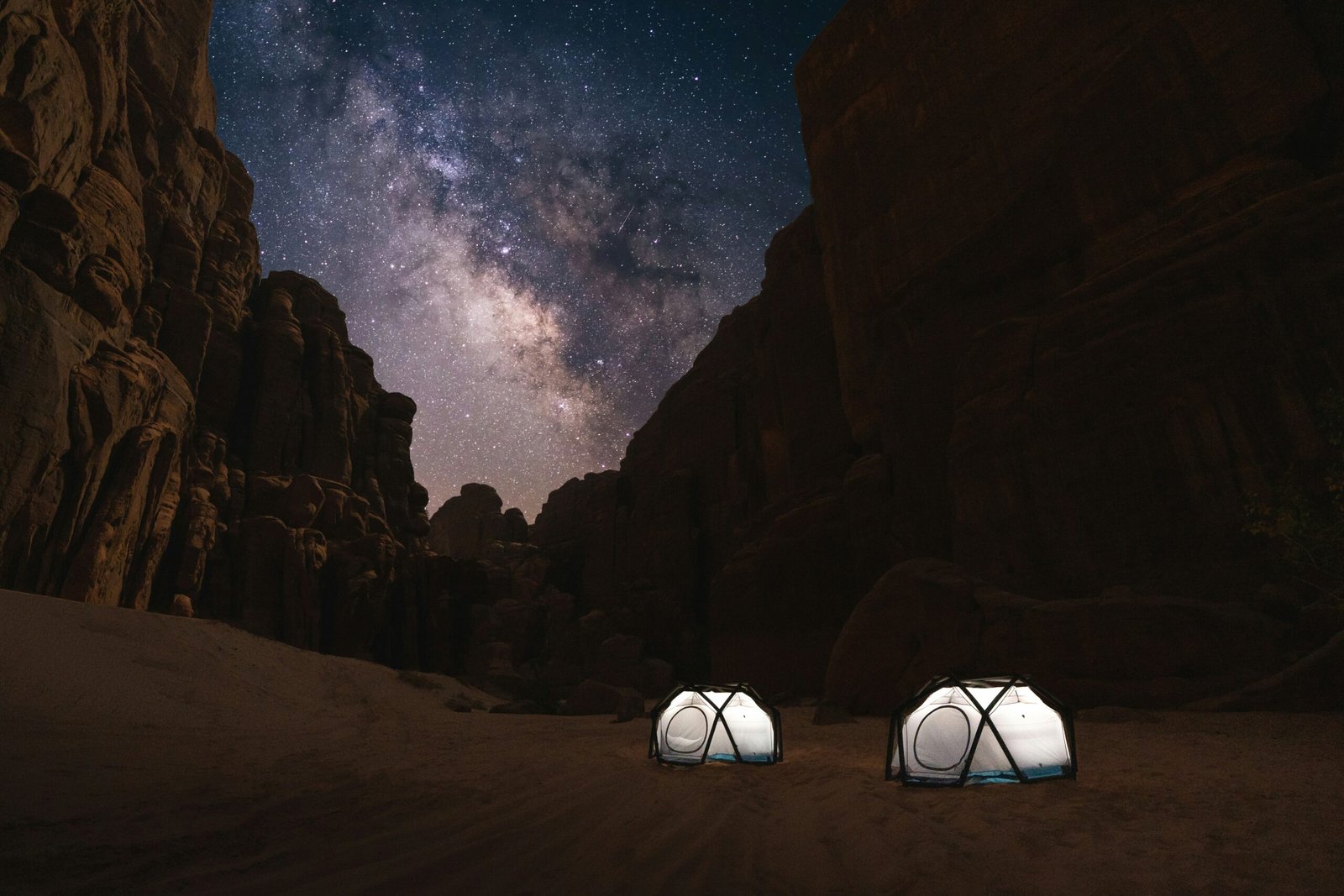
Planning a camping trip can be an exciting adventure, but when it comes to packing, it’s easy to get overwhelmed. With limited space and the need to bring essential items, packing efficiently becomes crucial. To help you make the most of your camping experience, here are some tips for packing efficiently:
1. Make a camping checklist
Before you start packing, create a camping checklist. This will help you stay organized and ensure you don’t forget any important items. Divide your checklist into categories such as shelter, bedding, cooking, clothing, and personal items. As you pack each item, check it off the list. This simple step will save you time and prevent you from overpacking.
2. Pack multi-purpose items
When space is limited, packing multi-purpose items is a smart choice. Look for gear that can serve multiple functions. For example, a camping knife with a built-in can opener and screwdriver can replace three separate tools. Additionally, pack clothing items that can be layered for different weather conditions. This way, you can adapt to changing temperatures without carrying excessive clothing.
3. Use space-saving packing techniques
Maximize the space in your camping gear by using space-saving packing techniques. Roll your clothes instead of folding them to save space in your backpack or suitcase. Use compression bags to shrink bulky items like sleeping bags and blankets. Utilize the empty space inside your shoes by stuffing them with socks or small items. These simple techniques can make a significant difference in the amount of space you have available.
4. Prioritize essential items
When packing for a camping trip, it’s essential to prioritize the most important items. Start by packing the essentials such as a tent, sleeping bag, and cooking equipment. Then, consider the items that would enhance your camping experience, such as a camp chair or a portable hammock. Leave behind non-essential items that take up space and add unnecessary weight.
5. Pack lightweight and compact gear
Opt for lightweight and compact gear whenever possible. Look for camping equipment made from lightweight materials like aluminum or titanium. Choose a lightweight camping stove instead of a bulky one. Consider investing in a compact sleeping pad that can easily fit inside your backpack. By choosing lightweight and compact gear, you’ll have more space for other essentials.
6. Organize your gear
Keep your camping gear organized to make packing and unpacking easier. Use separate bags or packing cubes to group similar items together. For example, have a bag for cooking utensils, another for toiletries, and one for electronics. This way, you can quickly locate items without rummaging through your entire bag. Keeping your gear organized will also help you maintain a tidy campsite.
7. Pack food strategically
Food is an essential part of any camping trip, and packing it strategically can save space and prevent spoilage. Opt for lightweight and non-perishable food items that are easy to pack and require minimal preparation. Consider pre-cooking meals and freezing them in airtight containers. This way, they can double as ice packs to keep other items cool and will be ready to heat up when you’re hungry.
8. Leave room for unexpected items
When packing for a camping trip, it’s important to leave some room for unexpected items. You might come across interesting souvenirs, find unique hiking trails, or discover new activities to try. By leaving some extra space in your backpack or car, you’ll have the flexibility to bring back these unexpected treasures without feeling cramped or overloaded.
With these tips, you’ll be able to pack efficiently for your camping trip, ensuring you have everything you need without unnecessary bulk. Remember to plan ahead, prioritize essentials, and make the most of the space you have. Happy camping!
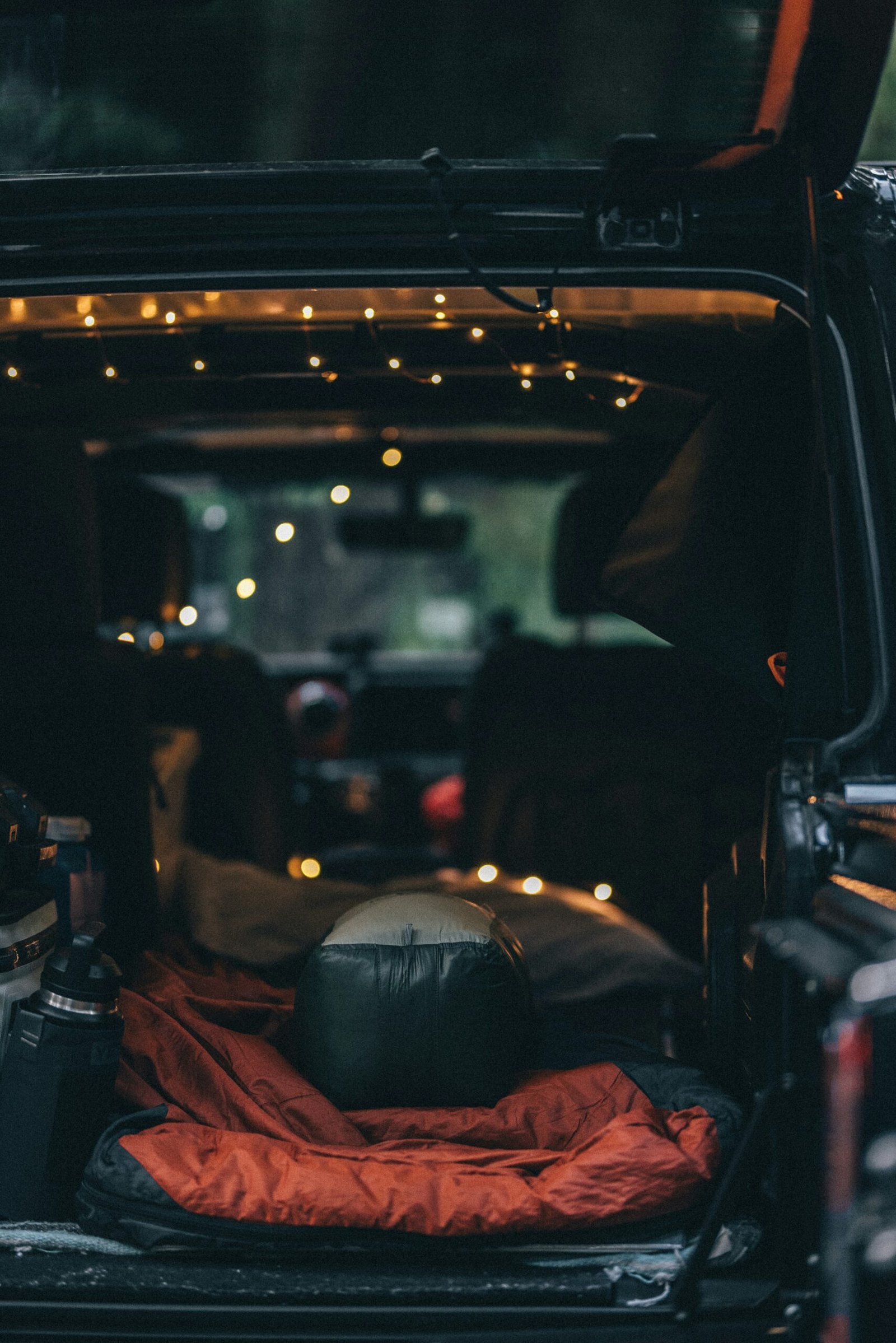
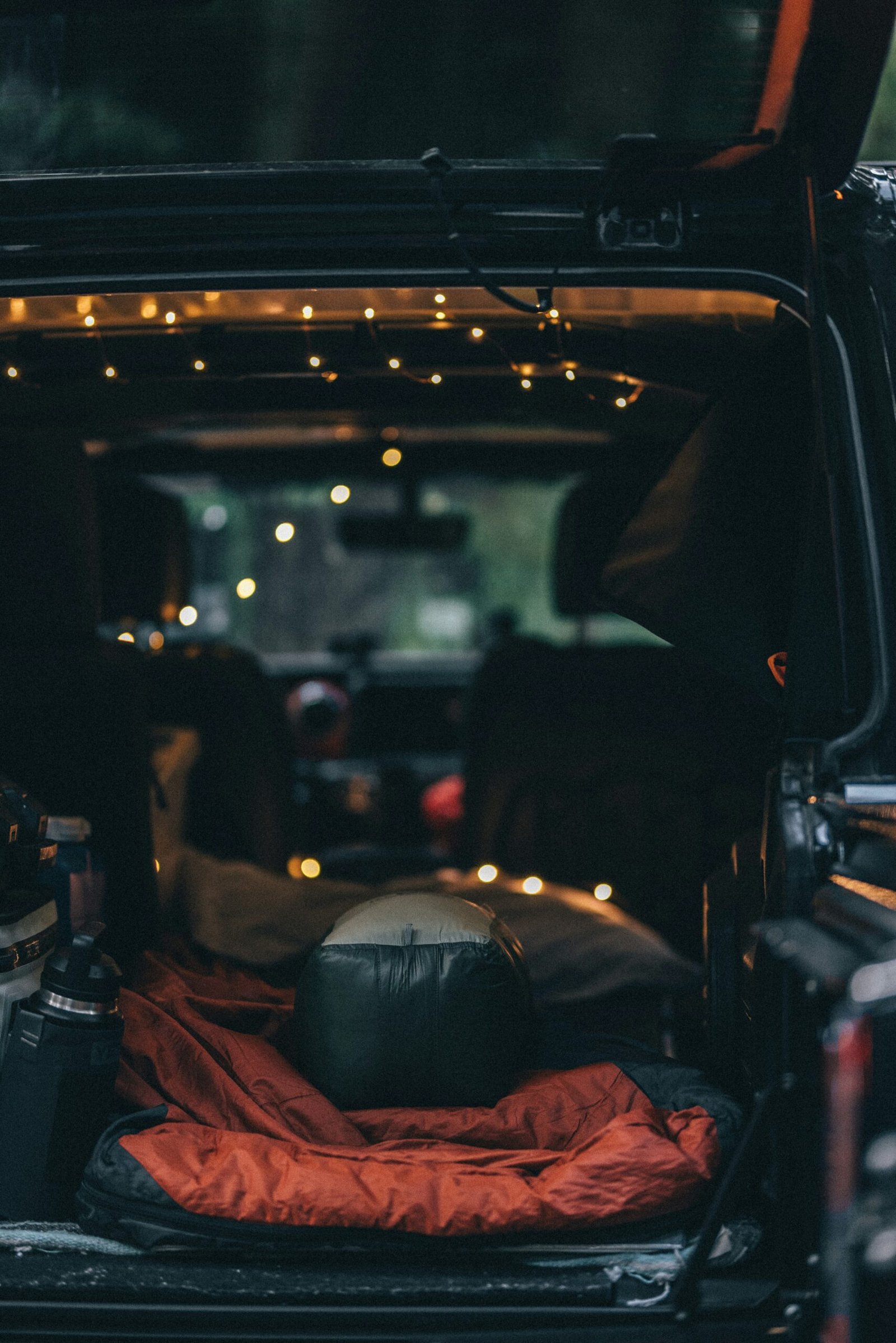
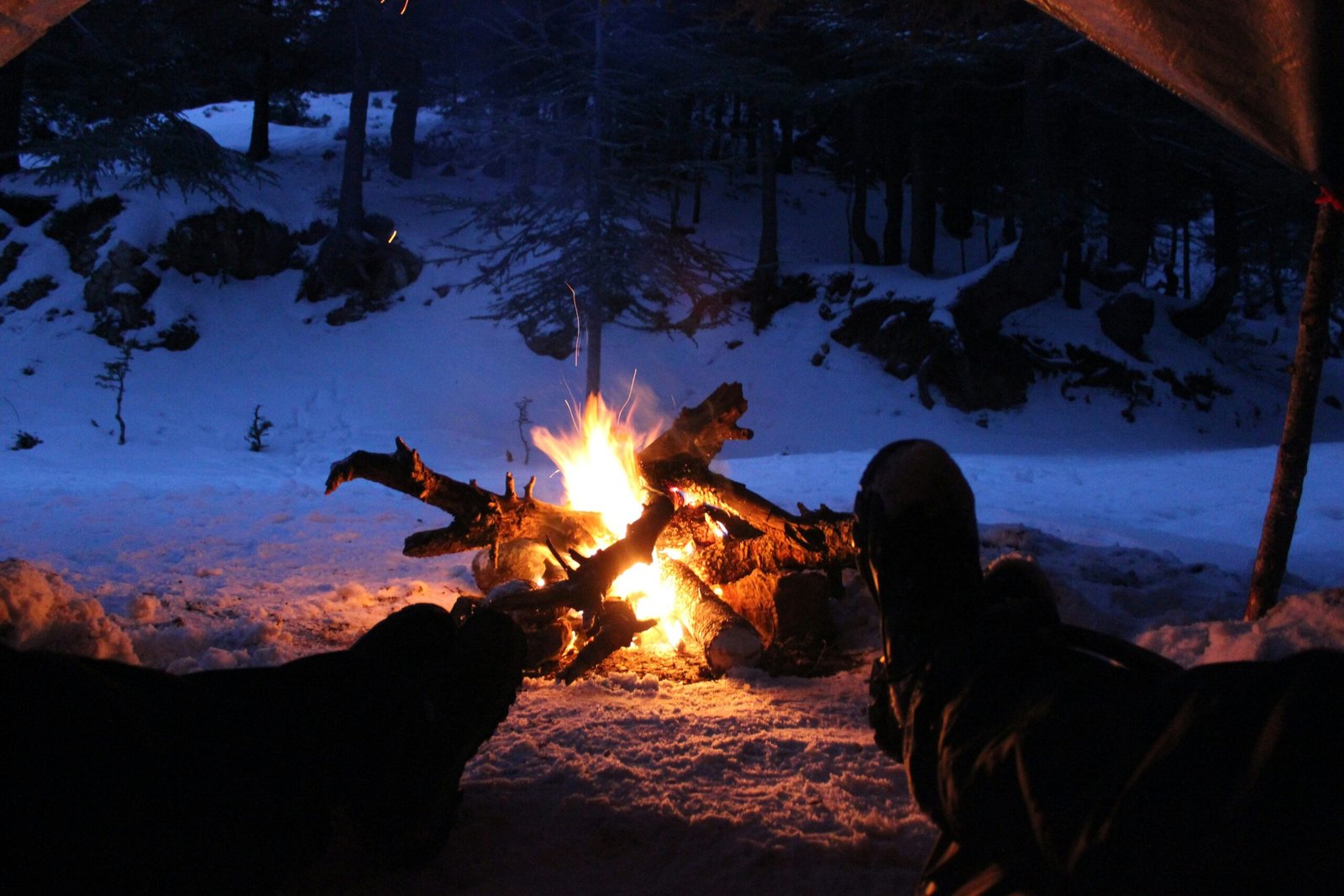
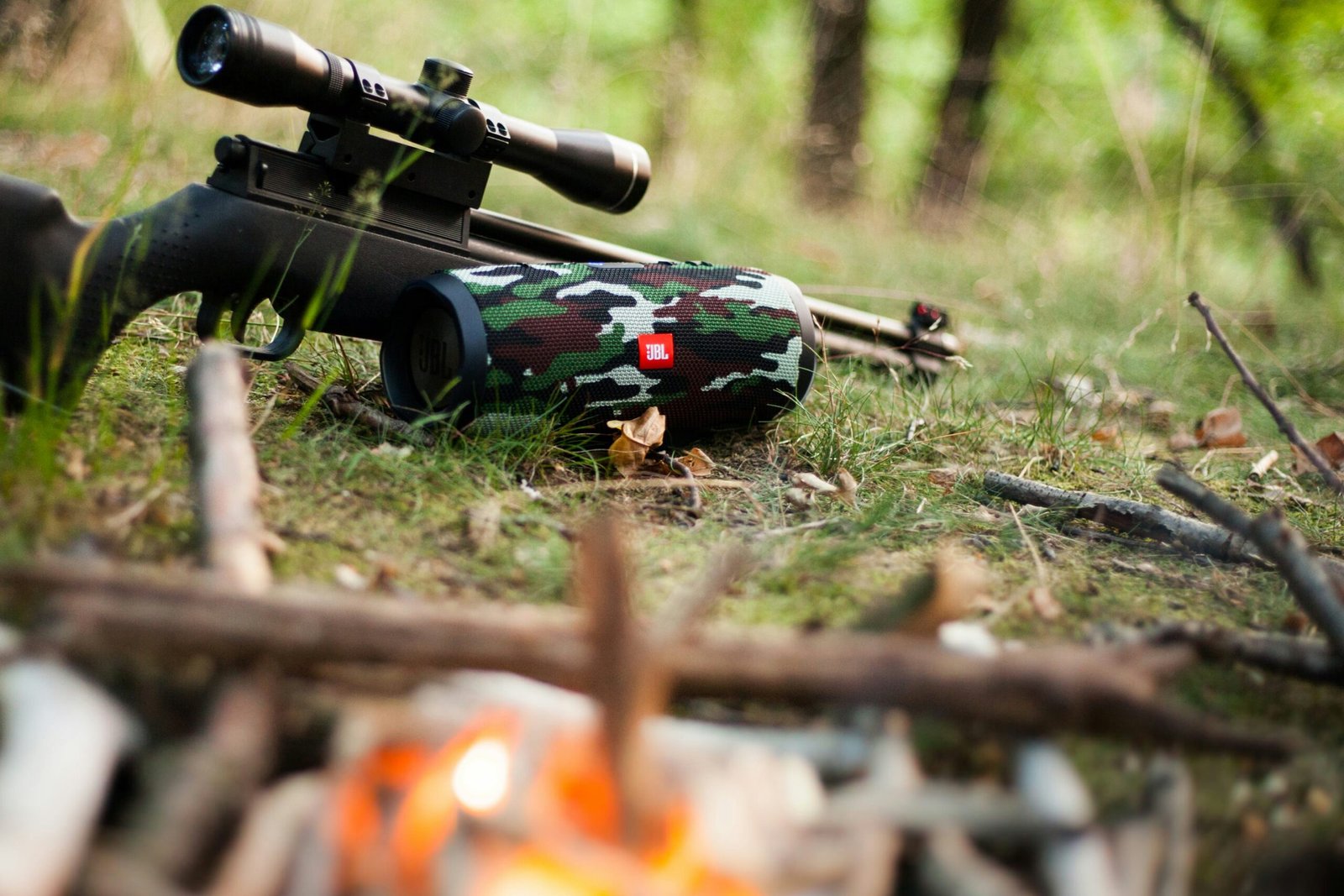
Leave a Reply